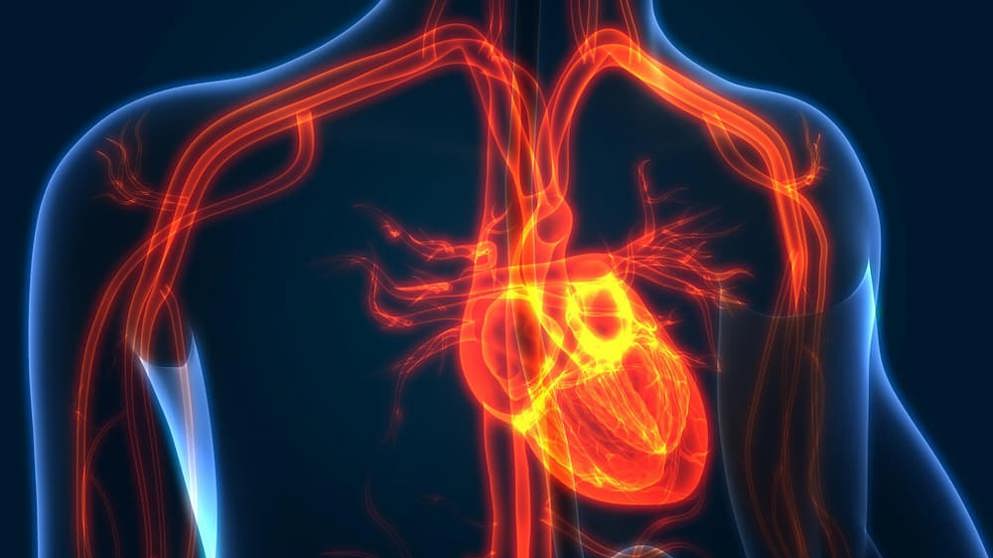
News
World’s largest study of cardiovascular disease in type 2 diabetes shows need for improved knowledge.
Novo Nordisk announced the results of the CAPTURE study, a global non-interventional study to uncover the prevalence of cardiovascular disease and risk and its management in people living with type 2 diabetes.
The study, the first of its kind and involving nearly 10,000 participants from 13 countries across five continents, showed that 1 in 3 people with type 2 diabetes have established cardiovascular disease, and 9 in 10 of these had atherosclerotic cardiovascular disease. Atherosclerotic cardiovascular disease is caused by the build-up of fats, cholesterol and other substances in and on the artery walls, which narrows the vessels and results in reduced blood flow, potentially leading to events like heart attack and stroke. CAPTURE also highlighted that only 2 in 10 people with type 2 diabetes and atherosclerotic cardiovascular disease are receiving a glucose-lowering treatment with proven cardiovascular benefits.
The findings of the CAPTURE study are significant for anyone involved in the care of people with type 2 diabetes. The data highlight that while the prevalence of atherosclerotic cardiovascular disease within the type 2 diabetes population is high, the vast majority are not being managed with treatments that are proven to reduce the risk of potentially life-altering cardiovascular events,” said study investigator Dr Ofri Mosenzon, who consults for Novo Nordisk and the Diabetes Unit at the Hadassah Medical Center in Israel. “It is critical that we prioritise cardiovascular disease as a key factor in the management of type 2 diabetes. People with type 2 diabetes need to be more aware of their risk factors and physicians need to be actively screening for them. Today, we can address this risk through treatments with proven cardiovascular benefits, as recommended by various treatment guidelines.”
For the first time, information on cardiovascular disease in type 2 diabetes has been gathered from both primary and secondary care settings, also reflecting that a significant proportion of people with type 2 diabetes are being treated by primary care physicians in conjunction with diabetes specialists..
About CAPTURE :CAPTURE is the first global non-interventional study to capture the prevalence of cardiovascular disease and risk and its management in people living with type 2 diabetes. The objectives were to establish the proportion of people with type 2 diabetes at high risk of cardiovascular disease and atherosclerotic cardiovascular disease, and to document the use of cardiovascular risk-reducing medicines in people with type 2 diabetes and established cardiovascular disease. Atherosclerotic cardiovascular disease was defined as cerebrovascular disease (including carotid artery disease), coronary heart disease and/or peripheral artery disease. The CAPTURE study, sponsored by Novo Nordisk, was conducted in Argentina, Australia, Brazil, Czech Republic, China, France, Hungary, Israel, Italy, Japan, Mexico, Kingdom of Saudi Arabia and Turkey, involving nearly 10,000 people with type 2 diabetes. Participants had to be at least 18 years of age and diagnosed with type 2 diabetes for at least 180 days..
SEe- Mosenzon O, Alguwaihes A, Arenas Leon J.L., et al." CAPTURE: a cross-sectional study of the contemporary (2019) prevalence of cardiovascular disease in adults with type 2 diabetes across 13 countries". Abstract 158. Presented at the 56th Annual Meeting of the European Association of the Study of Diabetes, Macrovascular complications and beyond, 10:15 CEST on 24 September 2020.
Condition: Diabetes Type 2 + CV Disease
Type: drug

